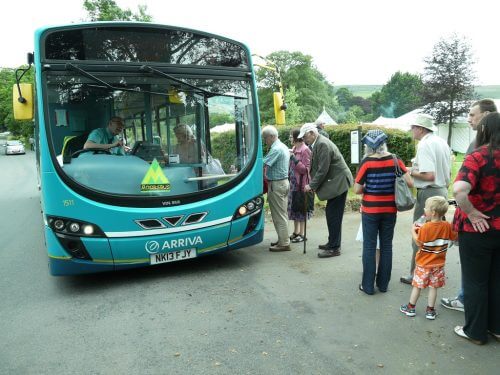
Chris Todd, Local Groups Campaigner at Campaign for Better Transport (CfBT), explains why urgent action needs to be taken to preserve the bus services so many of us take for granted
When it comes to motorised transport, the bus is definitely the poor relation. It doesn’t appear to have the same appeal to decision makers that road and rail have. Indeed, both these forms of transport consume vast public resources in comparison to buses, yet buses are an essential form of transport for millions of people every day. Without them, many local economies would struggle and the burdens on our already struggling social services and NHS would increase still further. And congestion and pollution – already bad in many places – would become intolerable.
At a time when much is being said about the importance of investing in our transport infrastructure to support the economy, little or no mention is made of bus services. In fact, it’s worse than that: services are actively being cut for a variety of reasons, namely: […]
By subscribing you will benefit from:
- Operator & Supplier Profiles
- Face-to-Face Interviews
- Lastest News
- Test Drives and Reviews
- Legal Updates
- Route Focus
- Industry Insider Opinions
- Passenger Perspective
- Vehicle Launches
- and much more!


